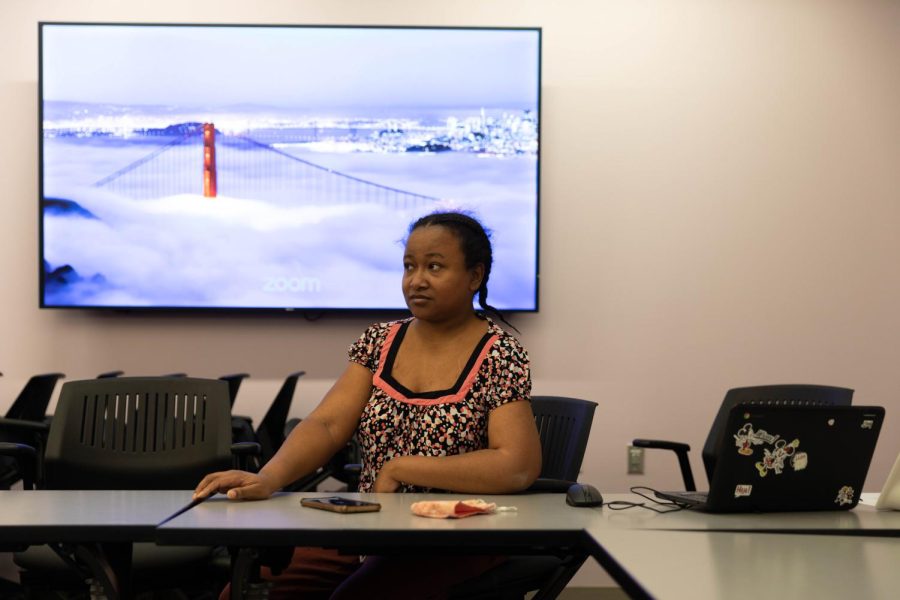Women with disabilities ‘Take Charge!’ of sex education conversations after exclusions
February 8, 2023
SEX ISSUE
Brittany King has lived with the left side of her body paralyzed since a stroke in 2009.
But that didn’t stop her from becoming a mother. King has a daughter, who is now 4-years-old.
Her daughter’s father also has a disability. During the second trimester of her pregnancy, doctors suggested choosing birth control or doing tubal ligation after giving birth, which meant sterilization or “getting your tubes tied” to prevent future pregnancies.
“That was very anxiety-ridden for me,” King said. “Can I get through this first delivery and see how I feel about having a baby? I’m glad I didn’t go through it because it’s just making the decision too early.”
King is a members of “The Empowered Fe Fes,” an advocacy and peer support group for women and girls with disabilities.
Part of The Empowered Fe Fes’ advocacy work is focused on sharing information surrounding sexual health. King said part of this work was done with schools that do not have sex education classes, so The Empowered Fe Fes provides workshops where they discuss topics of consent, rights and doctors’ appointments.
In 2015 The Empowered Fe Fes published “Take Charge!” a reproductive health guide for women with disabilities.
According to the guide, pro-choice and reproductive justice movements do not specifically address the needs of people with disabilities and their rights to have children.
Amy Bernard, an art therapist with Access Living and a student at the School of the Art Institute of Chicago, has anxiety and is dating a someone with a panic disorder.
Bernard said there is a concept called “access intimacy,” which is a feeling of increased relief that can come from being around someone who has the same experience and “language” as you.
“Even when you care about someone panic can come up during intimacy, and having someone else who can understand what’s going on can be really comforting,” Bernard said.
If these panic attacks occur during intimate moments, Bernard said her partner — without hesitation and even without clothes on — rushes to comfort her without judgment.
Bernard has dated neurotypical people in the past but said that having someone who does not need her to explain the feelings is refreshing.
Similar disconnects can also happen in professional settings.
When it comes to understanding disabilities in the doctor’s office, there is still a lack of knowledge. Only 17.2% out of 1,000 OB-GYNs had gotten any training or information on how to provide healthcare to women with disabilities, according to a survey published in the medical journal Health Equity in 2018.
Stephanie Jackson, a member of The Empowered Fe Fes, has a learning disability and schizophrenia. When her mother goes with her to the doctor, Jackson said healthcare providers try to talk to her mother instead of her, even though she is an adult.
“I’m their patient; my mom is not their patient,” Jackson said.
Jackson said she changed her provider and goes to Northwestern Hospital where she is treated with respect.
The Empowered Fe Fes plan to put out a new, refreshed reproductive health guide this year.
Editor’s Note: This story is a part of the Chronicle’s annual Sex Issue which will be published mid-February.








